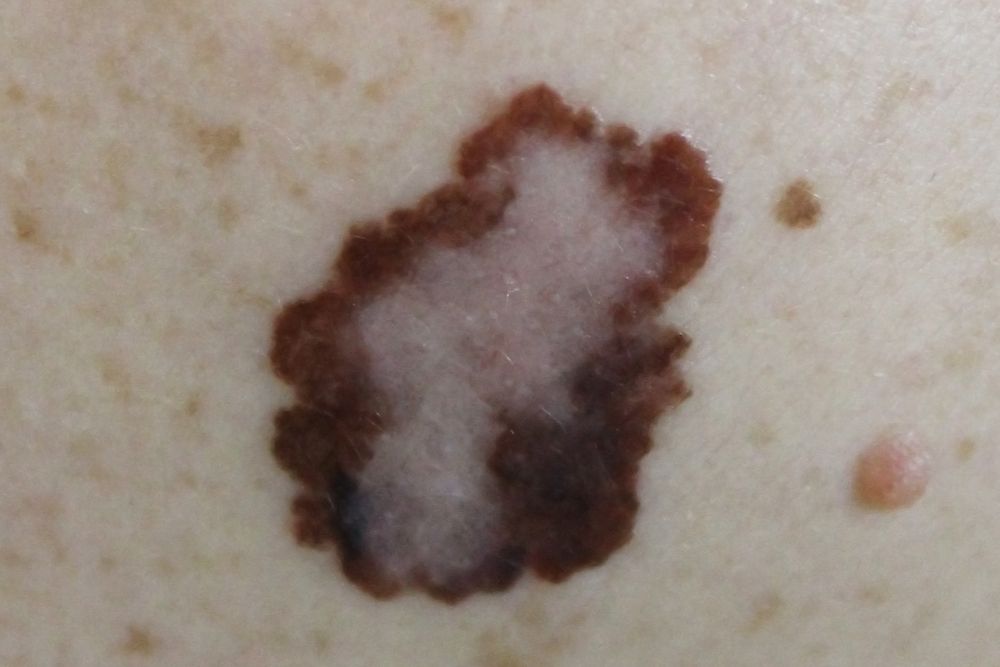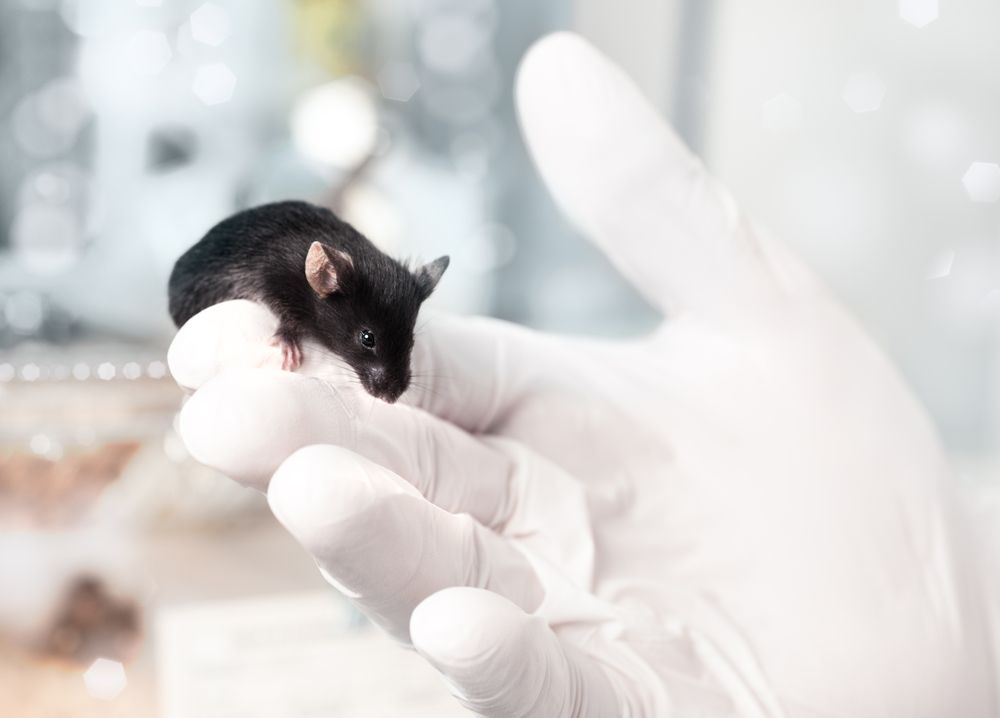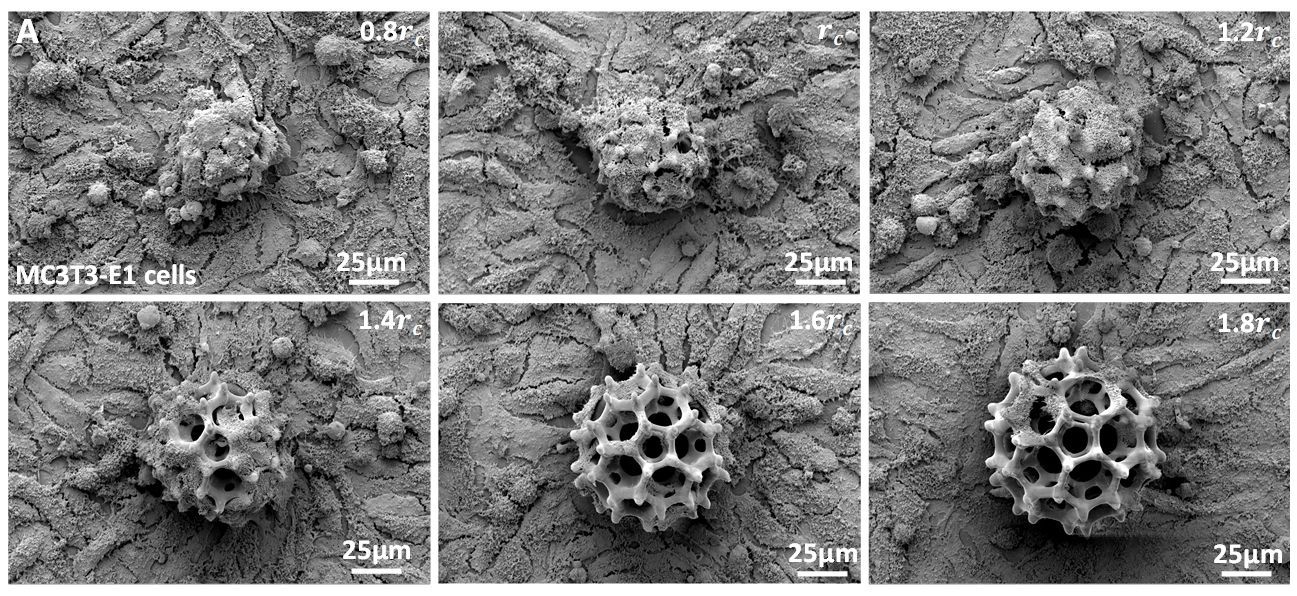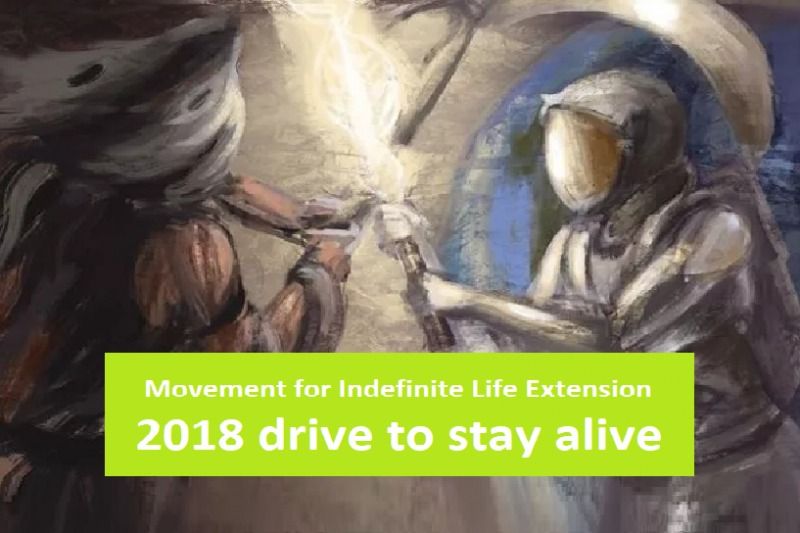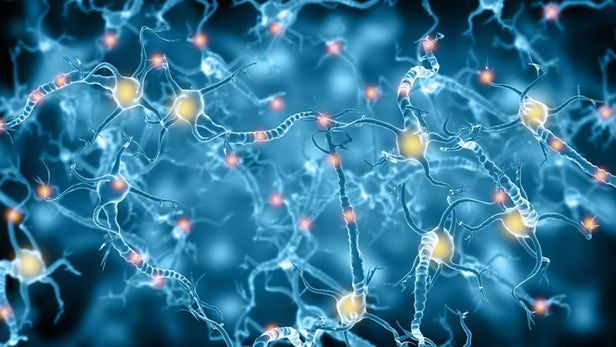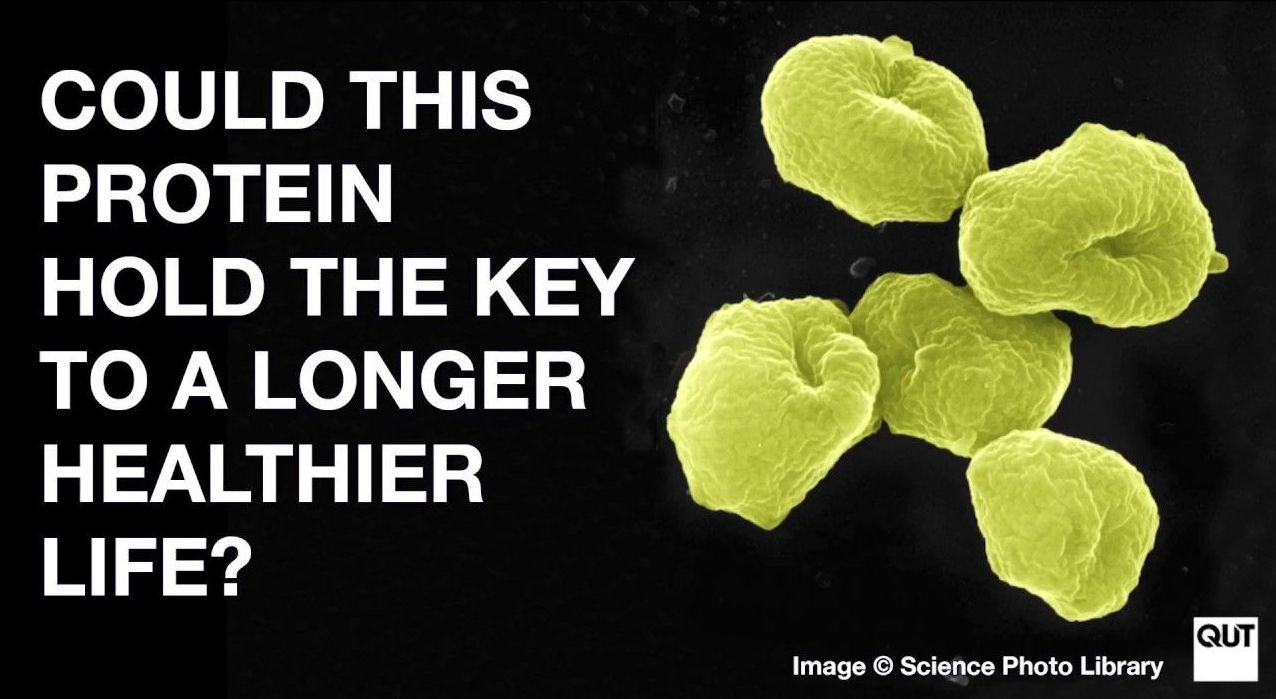Is life extension at… odds with probability?
Does probability ensure that you will die, no matter what, once you are old enough? Does it throw the ultimate spanner in the works of life extension? The answer is not as clear-cut as you might think.
Recently, a study from Sapienza University in Italy has revived the idea of the so-called “mortality plateaus”—the apparent flattening of mortality rates in people aged above 100, suggesting that the maximum mortality rate of such people is 50% at age 105 [1]. However, even if this mortality rate remained constant for as long as you lived, you’d still be overwhelmingly likely to die relatively soon.


